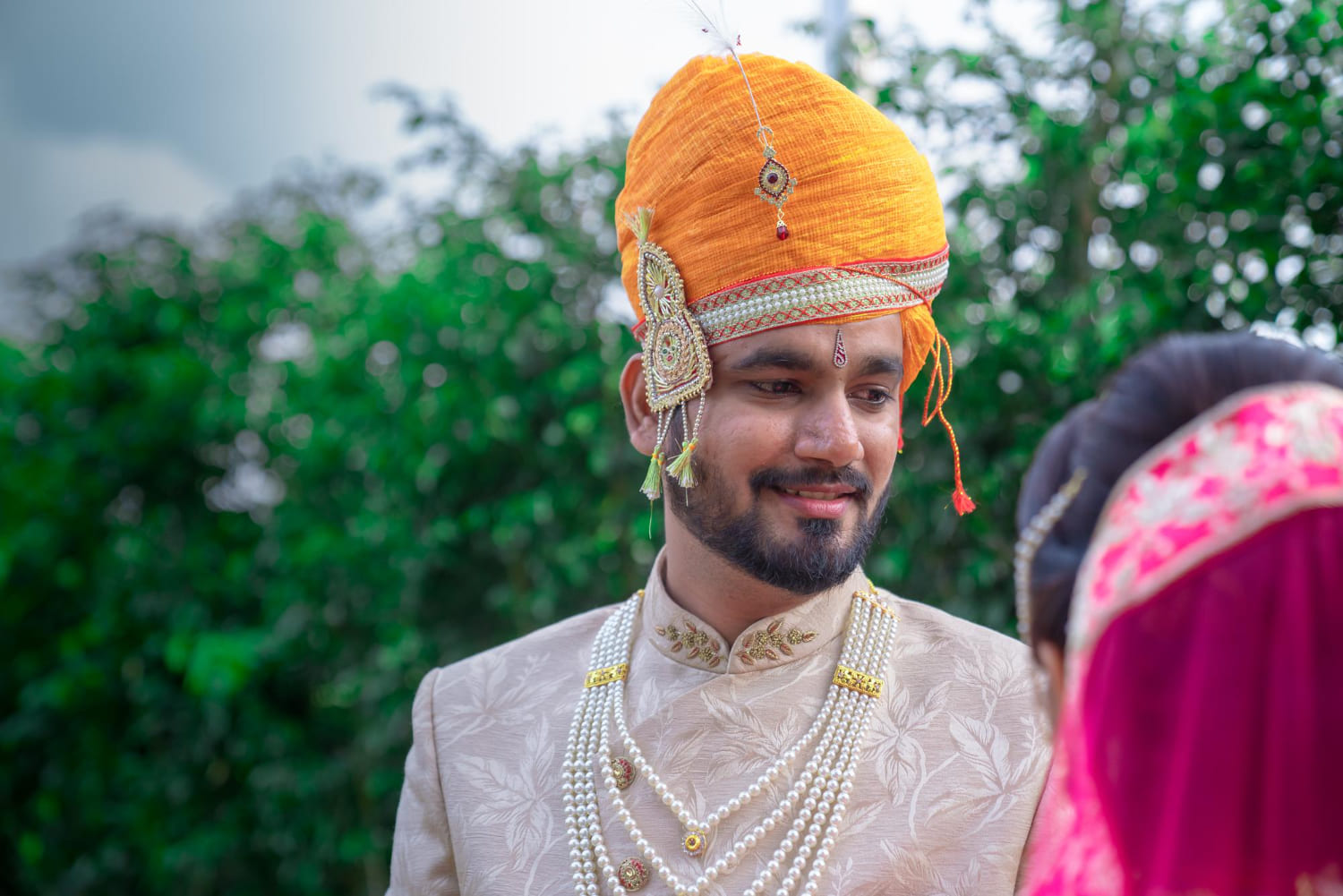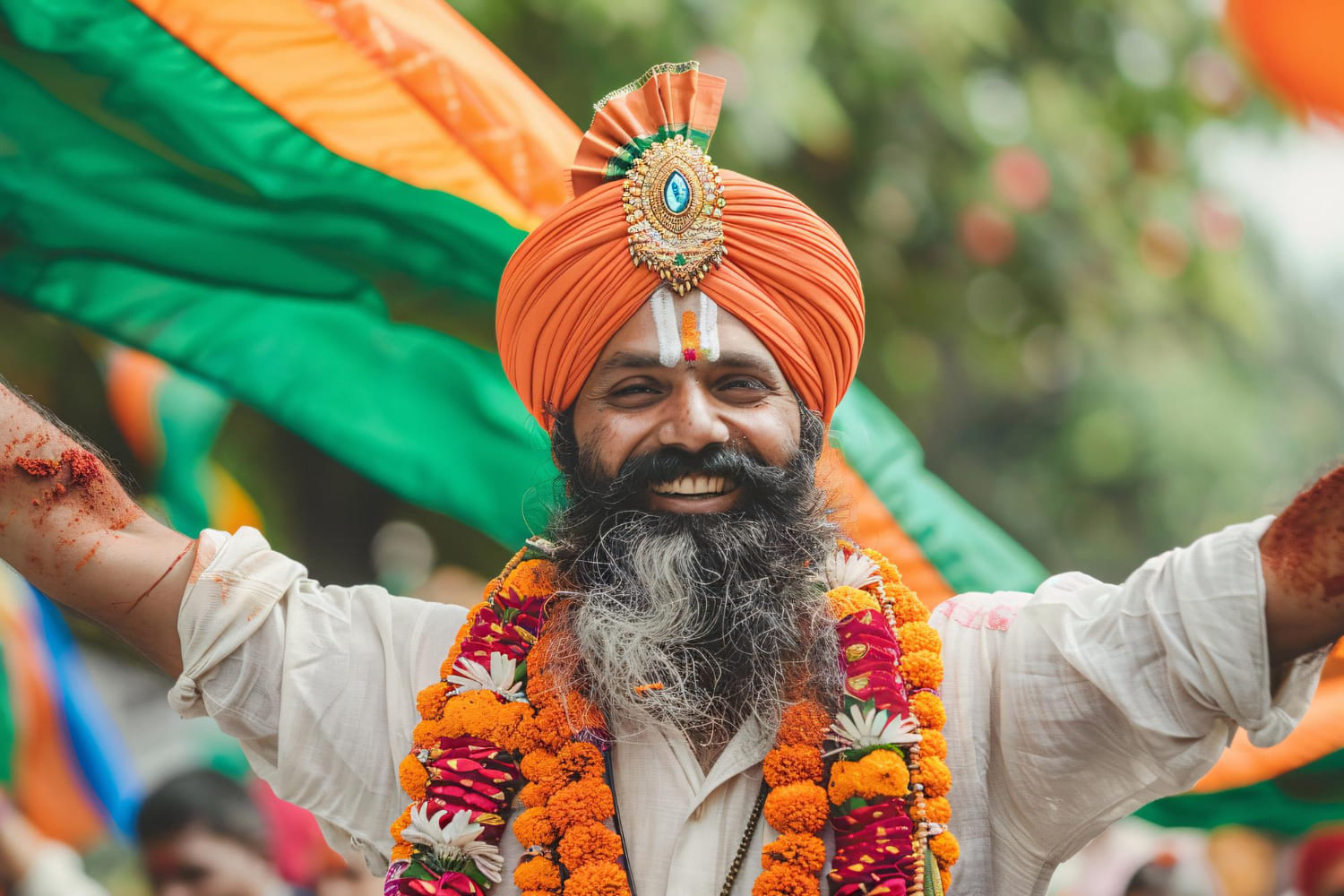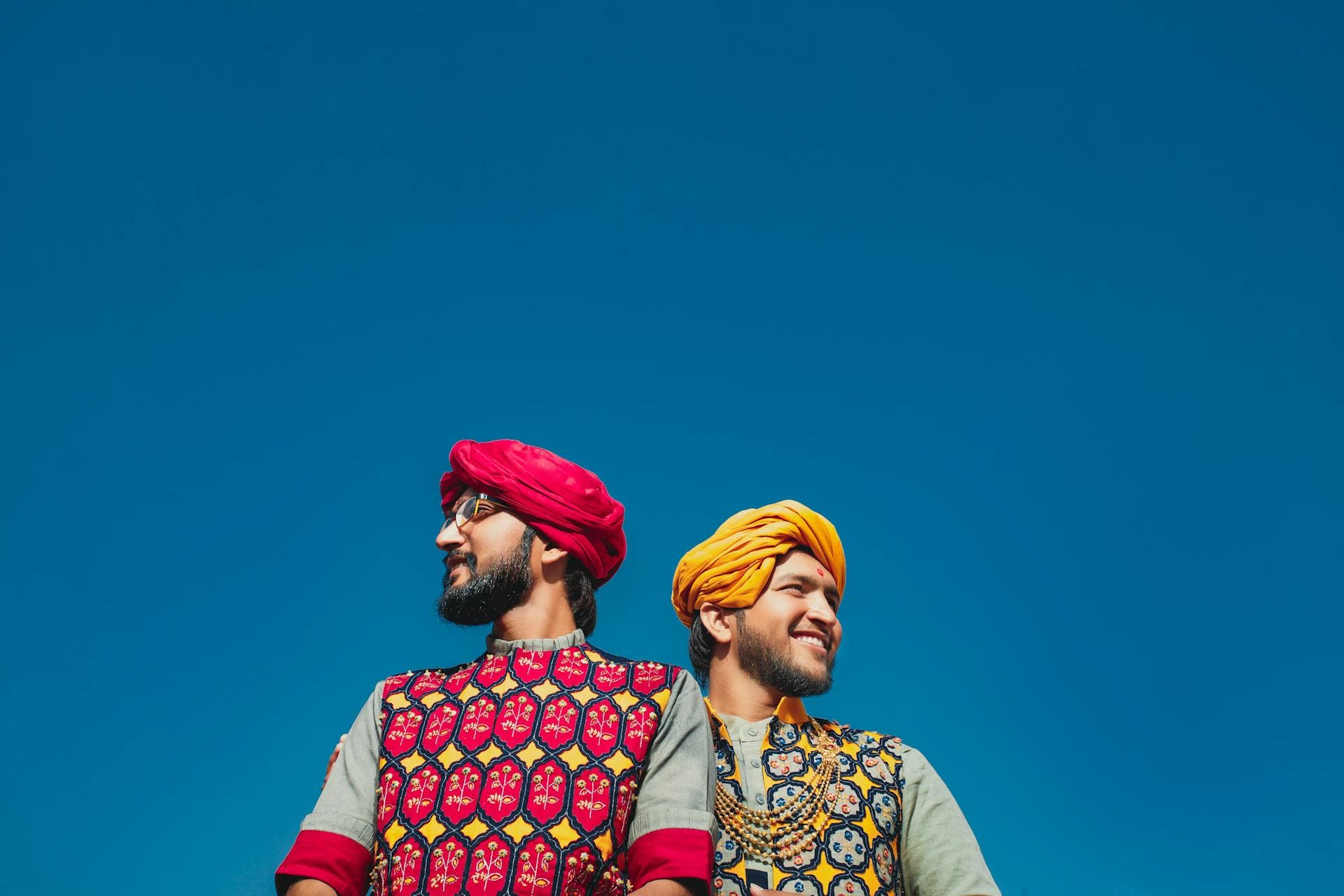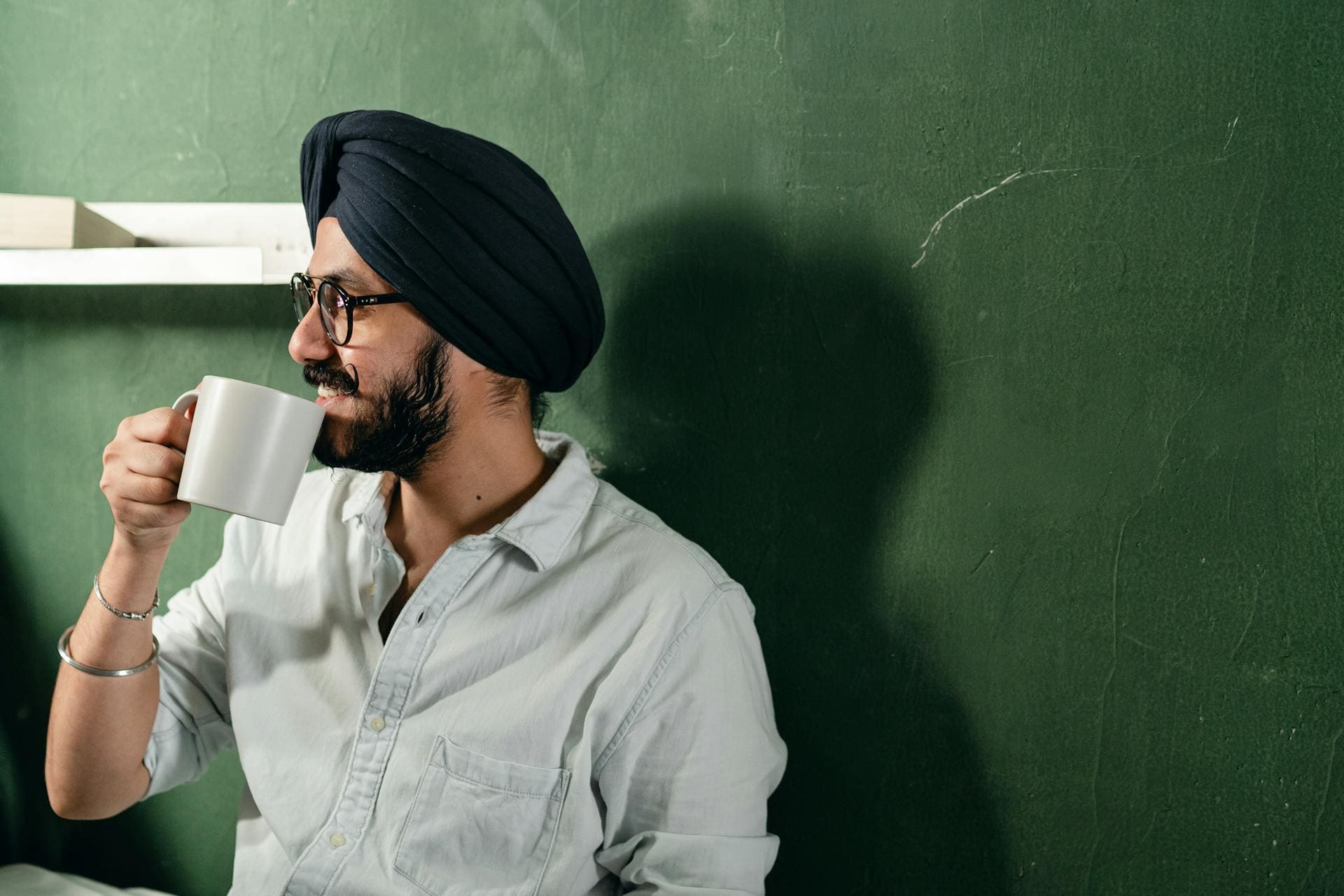India is full of numerous religious and spiritual groups, all of which have their beliefs and celebratory days that honor multiple ideologies.
One major celebration is Rakhi, also known as Raksha Bandhan, a Hindu festival.
But do Sikhs celebrate Rakhi?
As there are a large number of Sikhs living in this region, they join in the Rakhi celebrations. However, more extreme sects of Sikhs oppose this celebration as they believe it is a Hindu festival that’s not aligned with the Sikh faith.
This article will discuss whether or not Sikhs celebrate Rakhi. So keep reading!
We have everything you need to know about whether or not the members of the Sikh religion celebrate Rakhi.
The Festival Of Raksha Bandhan
The festival of Raksha Bandhan is sometimes referred to as Rakhi, and this is a word that stems from the Punjab language that was used in the 18th century.
The Sikh Khalsa military used the word as a way to express a bond between two groups of people.
In this period, the farmers of the Punjab religion were constantly threatened by invading Afghan and Mughal armies; thus, Sikh troops offered to protect the people for a small share of their produce and used the word Rakhi to define this process.
Eventually, the word came to mean a bond between brother and sister and became the famous festival now known as Raksha Bandhan.
The festival occurs when the full moon arrives in the Hindu month of Shravana.
Do Sikhs Join In Rakhi Celebrations?
Almost eighty percent of all the Sikhs in India live in the state of Punjab, and this is where one of the largest celebrations of Rakhi occurs.
In general, a large portion of Sikhs engage in the festivities of Rakhi and enjoy the celebration of the bond between brother and sister.
The celebration of Rakhi for the Sikhs goes back to the foundation of their empire by Maharaja Ranjit Singh in 1780.
Ranjit, alongside his wife, Maharani Jindan Kaur, promoted the celebration of the Rakhi festival for all Sikhs and held it as a sacred day.
The celebrations of Rakhi for the Sikhs take place in the same way as much of the rest of India.
The sister will tie a rakhi around her brother’s wrist, homes will be decorated, and the brother will await the arrival of his married sister.
If brothers and sisters live together, they will dress in authentic and colorful Indian attire, wear their best jewelry, and the sisters will prepare a pooja with bread, sweets, and aarti.
The sister will prepare food and look out for her brother’s well-being, whereas the brother will promise to defend and protect the sister and always be by her side.
After the ceremonial aspects of the day, it’s time for food, music, and family time.
The festival of Rakhi is unique in another instance for Sikhs.
In Amritsar, one of the largest regions in the Punjab area, a famous fair is hosted and known as Rakhar Punya, which is held at a place known as Baba Bakala.
This place is a pilgrimage site for Sikhs from across the world as it is supposedly the place where a famous trader, Makhan Lubana, declared he had found the true guru.
Why Don’t Various Sects Of Sikhs Celebrate Rakhi?
While most Sikhs are generally happy to celebrate the festival of Rakhi and acknowledge the special bond between brother and sister, there are various Sikhs who do not see it this way.
Various sects of Sikhs are under the impression that the celebration of Rakhi insists that a sister depends on her brother for protection.
Some Sikhs use their religious teachings as an example as to why Rakhi should not be celebrated because, in Sikhism, both genders are supposed to be considered equal.
This is recorded in numerous Sikh texts.
However, it isn’t the view of many Sikhs, as they are happy to celebrate Rakhi.
Other sects see it as a purely Hindu festival and have decided that because of this, it does not align with much of the Sikh faith.
Conclusion
So, while a large portion of the Sikhs will engage and enjoy the festival and celebrations that surround Rakhi or Raksha Bandhan, numerous sects do not celebrate this day as they believe it makes a distinction between male and female.







